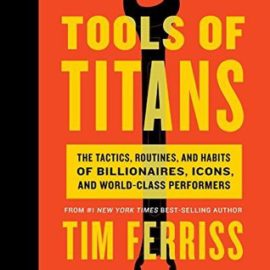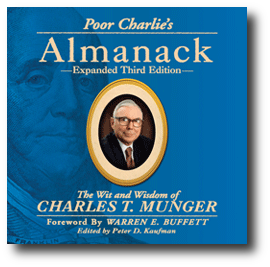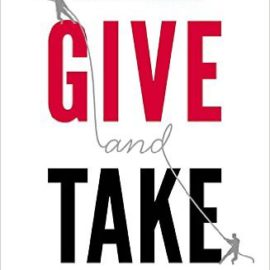Want to learn the ideas in A Warning better than ever? Read the world’s #1 book summary of A Warning by Anonymous here.
Read a brief 1-Page Summary or watch video summaries curated by our expert team. Note: this book guide is not affiliated with or endorsed by the publisher or author, and we always encourage you to purchase and read the full book.
Video Summaries of A Warning
We’ve scoured the Internet for the very best videos on A Warning, from high-quality videos summaries to interviews or commentary by Anonymous.
1-Page Summary of A Warning
Overview
Madeleine Albright has been a staunch advocate of democracy throughout her career. But with the 2016 election, she found that democracy was being compromised in unprecedented ways.
In order to address the concerns of some people who believe that fascism is a good way to solve problems, she put together this summary of her work. She takes on the evils of fascism and how it has crept into American consciousness. The result is a message that everyone should hear and consider before it’s too late.
From the Shadows
America is in a bad state because of the extreme divide between politics. It’s not that America has always been divided, but it’s now more than ever. We’re being forced to choose sides and we can only cringe or feel proud about what our country does. This script has been written many times before and never with good results. Do we really learn from Hitler and Mussolini? Shouldn’t we also do something to make sure this doesn’t happen again? If you see something, say something, so why don’t we all just do it instead?
In 1948, Madeleine Albright was 11 years old and living in Prague. She moved to the United States at a young age and became an American teenager. Her father instilled in her a love for democracy, so she pursued a career as an academic. In 1989, she witnessed the fall of communism when it happened all over Eastern Europe. That inspired her to become more involved with politics because she believed that democracy would continue spreading across the world. Then came 9/11 and Iraq’s invasion of Kuwait in 1990-1991; those events gave her hope that democracy would spread throughout the Middle East too. But now there is another wave of anti-democratic regimes around the globe threatening to take away people’s rights again just like they did after World War II.
To answer the question of why there’s such a change in government, we have to look no further than Donald Trump. He has acted rashly and his business decisions are questionable. But more importantly, he has criticized open government by undermining its integrity through false accusations against both friends and enemies alike. He’s also given nationalism a boost by acting without conscience toward world leaders. His actions read like a laundry list of fascist dictatorship which should be cause for alarm regardless of allegiance.
Unfortunately, the word fascism has become a common phrase that is thrown around without much thought. The result of this is that we are disconnected from its true meaning and implications. For this reason, it’s difficult to define what exactly fascism is. However, there seems to be some consensus among experts with regard to certain characteristics such as exceptionalism (the belief in superiority), desire for power over others, propaganda (false information used to influence public opinion) and authoritarianism (a system of government where people have no rights). But these labels aren’t important because they’re not enough; we need more than just words if we want to understand the concept fully.
The Big Top
Benito Mussolini was a well-read man who wanted to be a teacher. However, he fell into the life of an aimless young adult and became an actor instead. In his public persona, he rehearsed every single aspect of his presentation until it came naturally to him. He fought in World War I while contributing to his newspaper called Il Popolo d’Italia (The People of Italy). After barely surviving the war, Mussolini fomented the growing resentment among Italians towards their power and status by means of protesting Socialists across the country. Amid such turmoil, Mussolini saw himself as someone who could pick up all that was broken in Italy and make it great again through Fascism.






